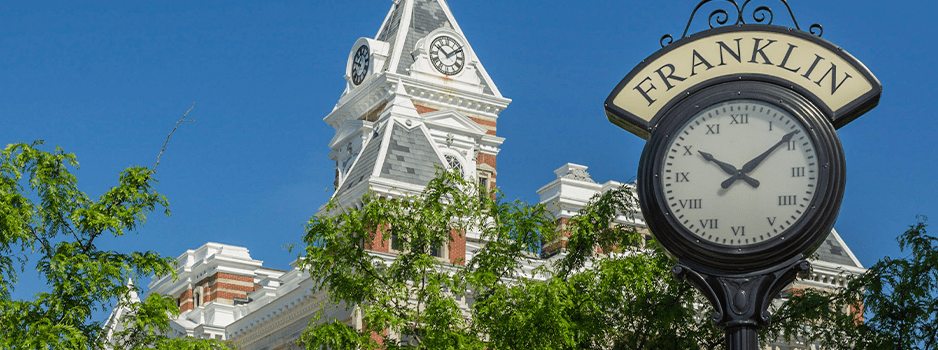
Community Relations at Franklin College
Franklin College values its relationship with the surrounding community. The college continually strives to provide opportunities to bring the community to campus as well as get our campus family out into the community.
We encourage you to attend some of our special events this year, and also hope that you will take advantage of our personal growth programs such as Leadership Johnson County.